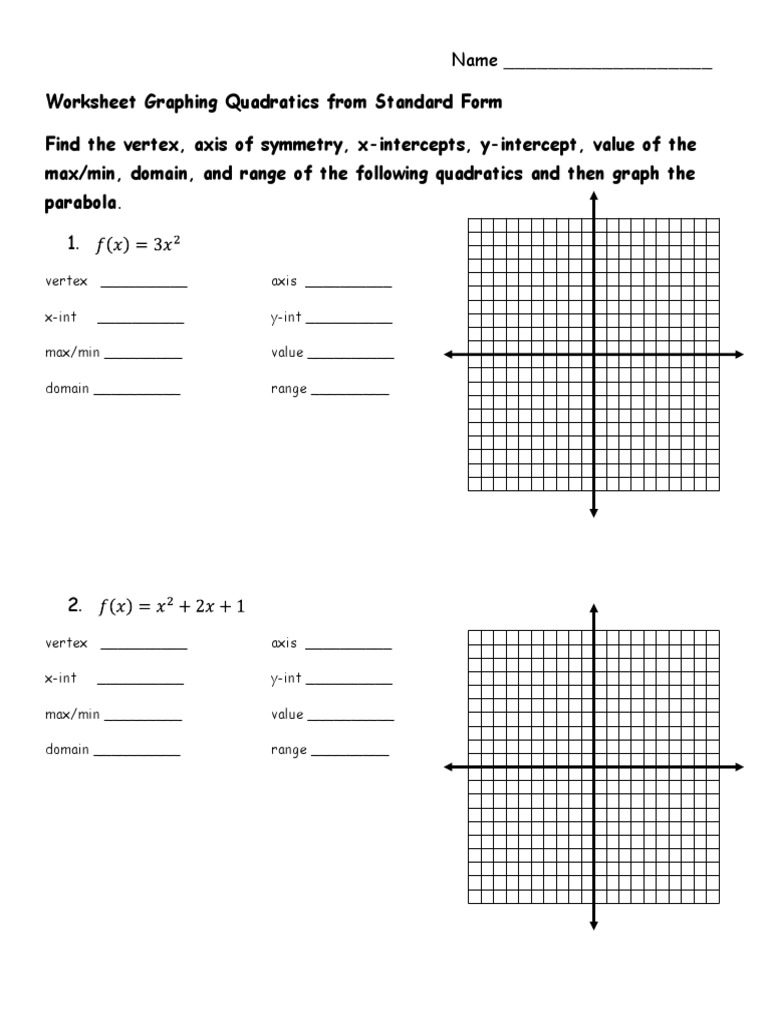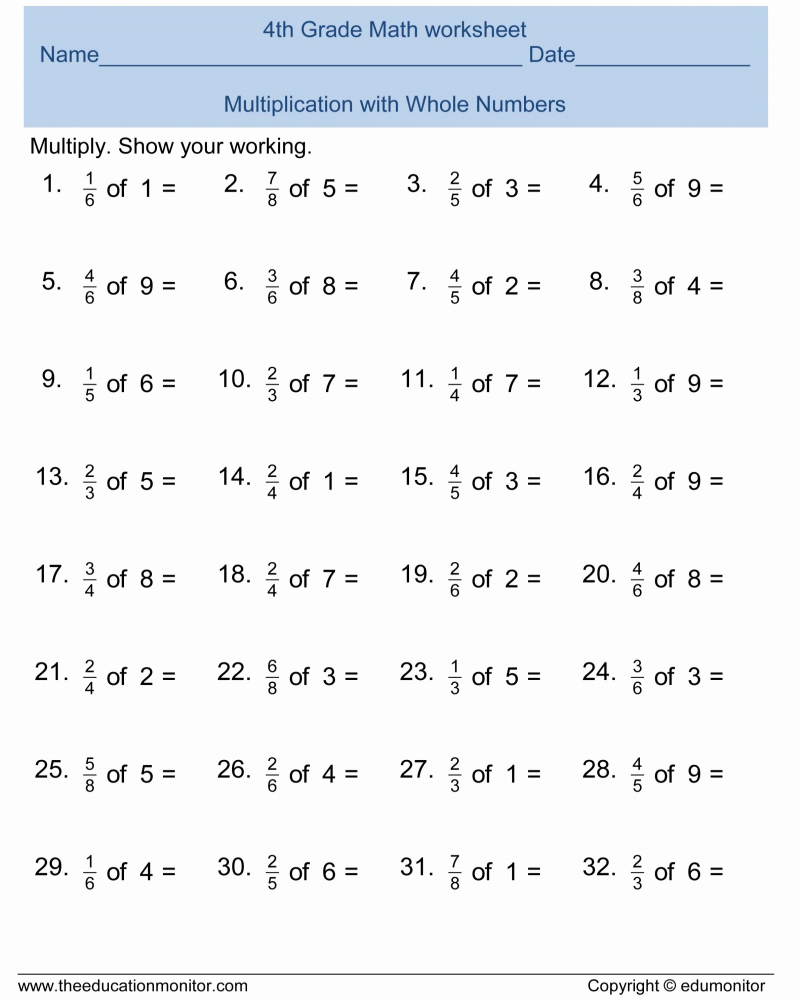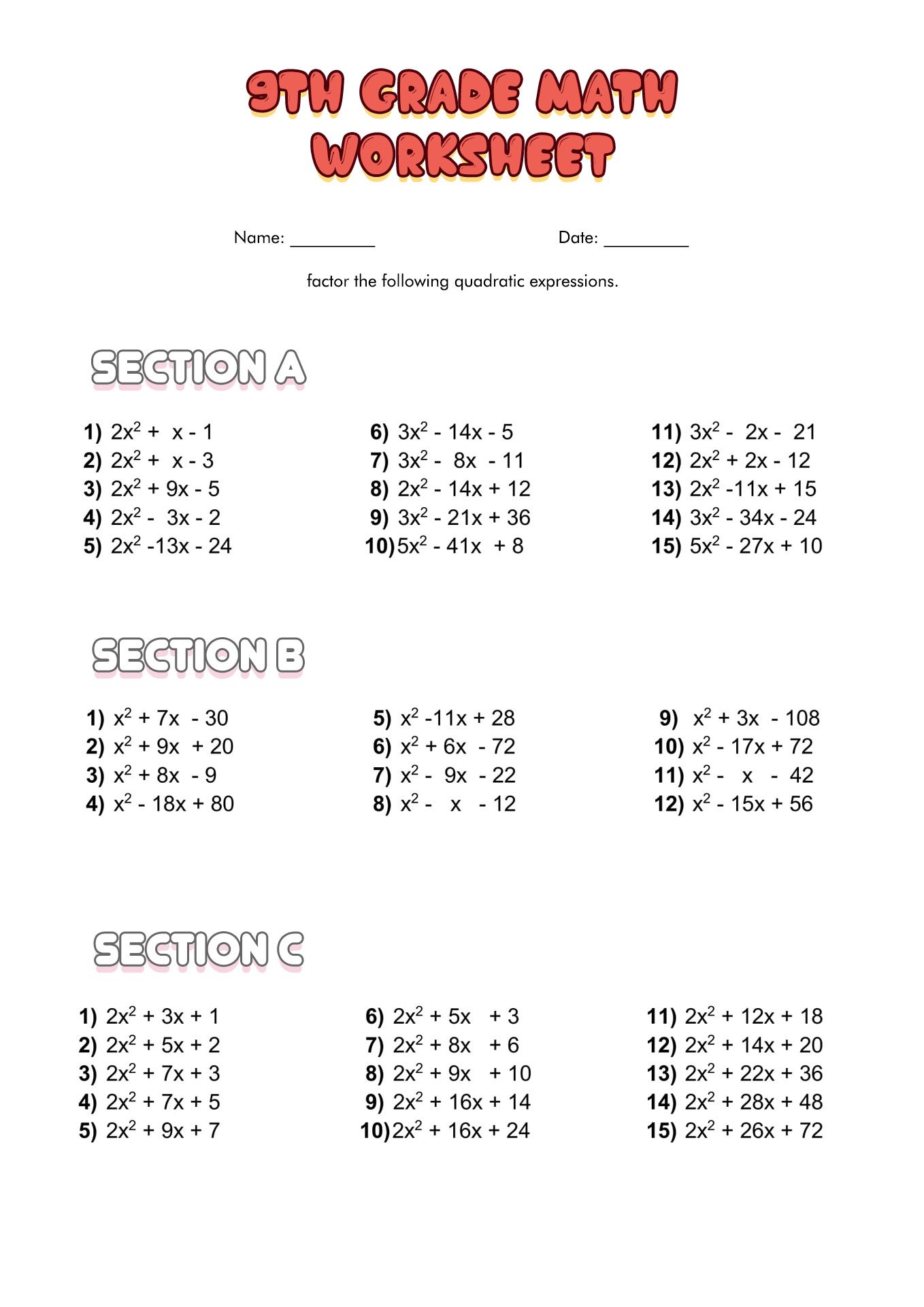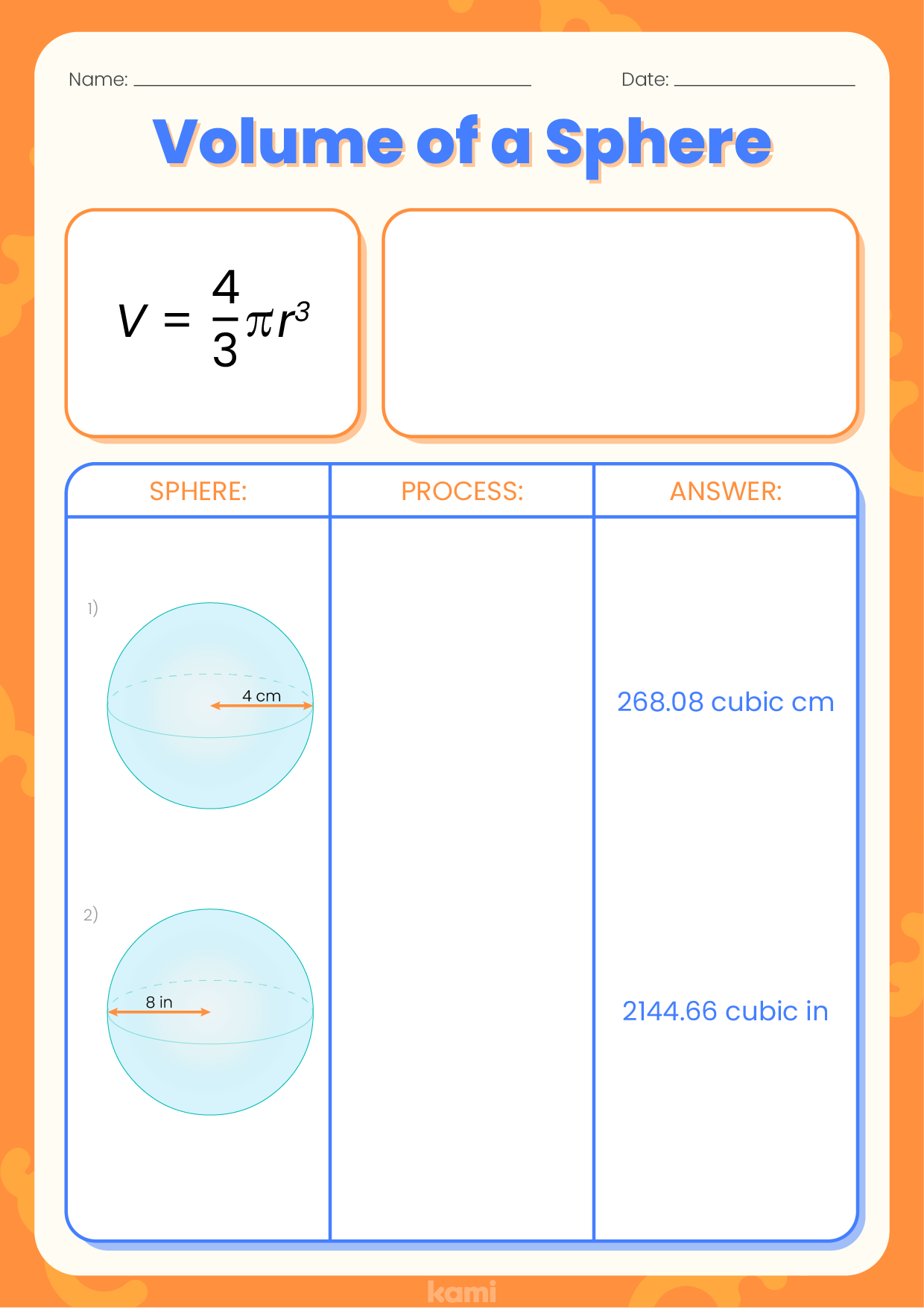7 Coping Skills Worksheets for Youth to Manage Emotions
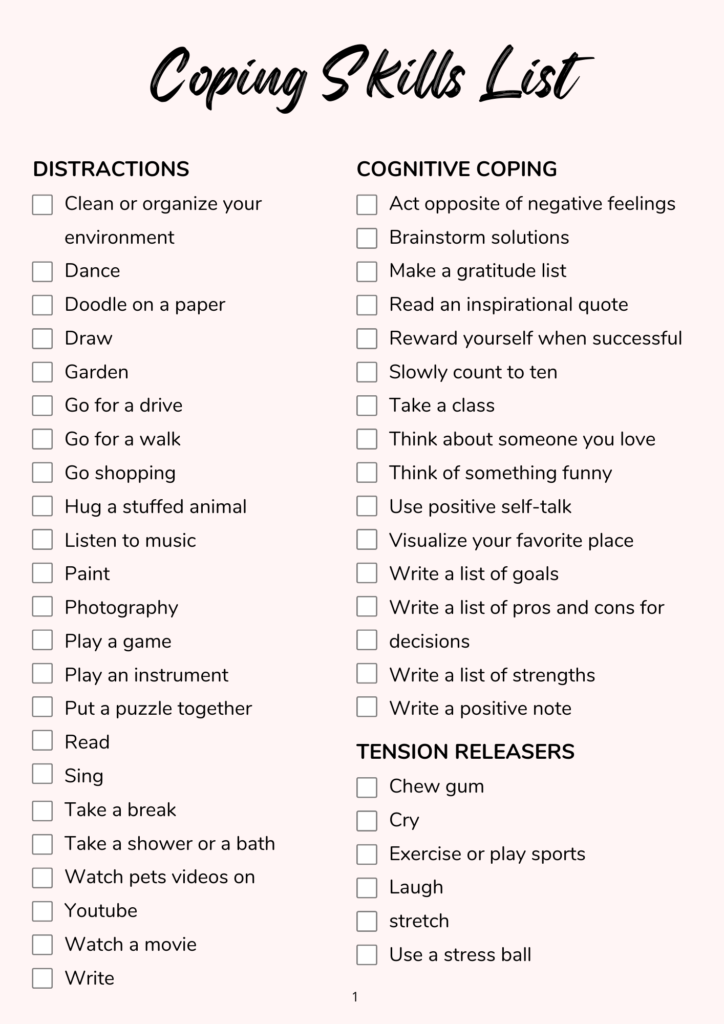
Helping Youth Manage Emotions: 7 Coping Skills Worksheets
As a parent, teacher, or mental health professional, you’ve likely encountered young individuals struggling to navigate their emotions. The ability to manage emotions is a crucial life skill that can significantly impact one’s well-being, relationships, and overall success. To help youth develop this essential skill, we’ve created a series of 7 coping skills worksheets designed to teach, guide, and support them in managing their emotions.
Why Coping Skills Worksheets for Youth?
Youth face unique challenges in today’s fast-paced, technology-driven world. Social media, peer pressure, academic expectations, and family dynamics can all contribute to emotional overwhelm. By introducing coping skills worksheets, you can provide young individuals with the tools and strategies necessary to recognize, understand, and manage their emotions in a healthy and constructive manner.
Benefits of Coping Skills Worksheets for Youth
- Improved emotional regulation: By teaching youth to identify and label their emotions, they can better understand and manage their feelings.
- Enhanced self-awareness: Coping skills worksheets help young individuals develop a greater understanding of themselves, including their strengths, weaknesses, and emotional triggers.
- Increased resilience: By learning effective coping strategies, youth can develop the ability to bounce back from adversity and challenging situations.
- Better relationships: When youth can manage their emotions, they’re more likely to form and maintain healthy relationships with peers, family members, and authority figures.
7 Coping Skills Worksheets for Youth
1. Emotional Awareness Worksheet
This worksheet helps youth identify and label their emotions, recognizing the physical and emotional sensations associated with different feelings.

| Emotion | Physical Sensations | Thoughts |
|---|---|---|
| Happiness | Smiling, feeling warm inside | Positive thoughts, feeling content |
| Sadness | Feeling heavy, tears | Negative thoughts, feeling hopeless |
| Anger | Tension, clenched fists | Hostile thoughts, feeling frustrated |
2. Feelings Chart Worksheet
This worksheet provides a visual aid to help youth recognize and identify different emotions, categorizing them as positive, negative, or neutral.

3. Thought Bubbles Worksheet
This worksheet encourages youth to become aware of their thoughts and how they impact their emotions, helping them to challenge negative self-talk and reframe unhelpful thinking patterns.
Write down a situation that triggered a strong emotion. What were your thoughts in that moment? Challenge those thoughts by reframing them in a more positive or realistic way.
4. Emotional Triggers Worksheet
This worksheet helps youth identify the people, places, and situations that trigger strong emotions, allowing them to develop strategies to manage those triggers.
- Who triggers strong emotions in me?
- Where do I feel overwhelmed or anxious?
- What situations make me feel happy or sad?
5. Coping Skills Checklist Worksheet
This worksheet introduces youth to various coping skills and strategies, encouraging them to experiment and find what works best for them.
- Deep breathing
- Physical activity
- Creative expression
- Talking to a trusted adult
- Journaling
6. Self-Care Plan Worksheet
This worksheet helps youth develop a self-care plan, prioritizing activities and strategies that promote emotional well-being and resilience.
- What activities make me feel happy and relaxed?
- How can I prioritize self-care in my daily routine?
- What boundaries do I need to set to protect my emotional well-being?
7. Gratitude Journal Worksheet
This worksheet encourages youth to focus on the positive aspects of their lives, cultivating a sense of gratitude and appreciation.
- Write down three things you’re grateful for today.
- Why are these things important to you?
- How can you express gratitude to others?
📝 Note: These worksheets are designed to be flexible and adaptable to meet the unique needs and circumstances of each young individual. Feel free to modify or add to them as needed.
Putting it all Together
By using these 7 coping skills worksheets, you can provide youth with a comprehensive toolkit to manage their emotions and develop essential life skills. Remember to approach each worksheet with empathy, understanding, and patience, encouraging young individuals to explore and express their emotions in a safe and supportive environment.
As they work through these worksheets, youth will develop a deeper understanding of themselves and their emotions, cultivating the resilience and coping skills necessary to navigate life’s challenges with confidence and poise.
What is the ideal age range for these coping skills worksheets?
+These worksheets are designed for youth aged 10-18, but can be adapted for younger or older individuals as needed.
Can these worksheets be used in a group setting?
+Yes, these worksheets can be used in a group setting, such as a classroom or support group, to facilitate discussion and sharing.
How often should youth work on these worksheets?
+It’s recommended that youth work on these worksheets at least once a week, but ideally 2-3 times a week, to reinforce new coping skills and strategies.
Related Terms:
- Positive coping strategy
- Coping with depression pdf
- Coping skills PDF worksheet
